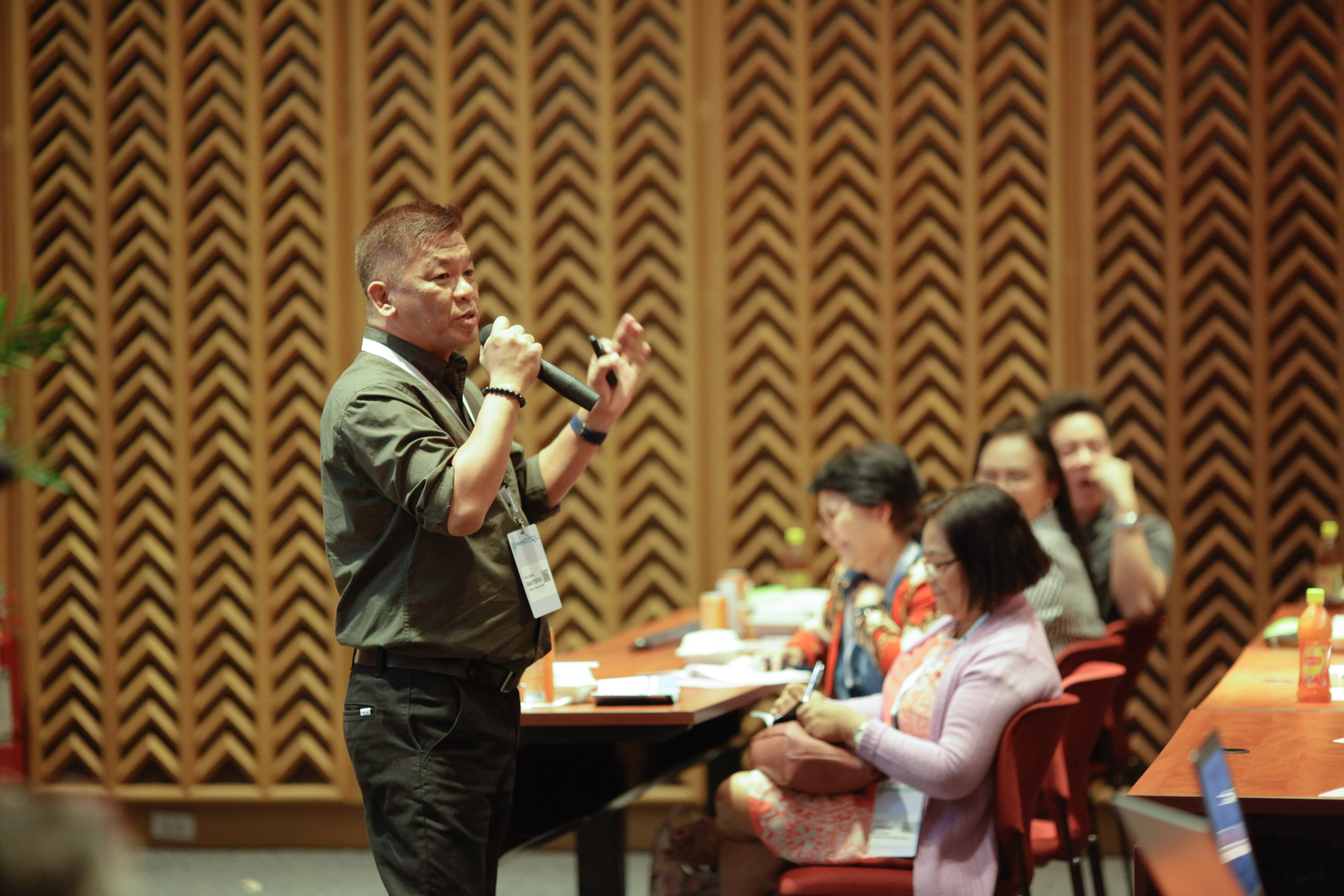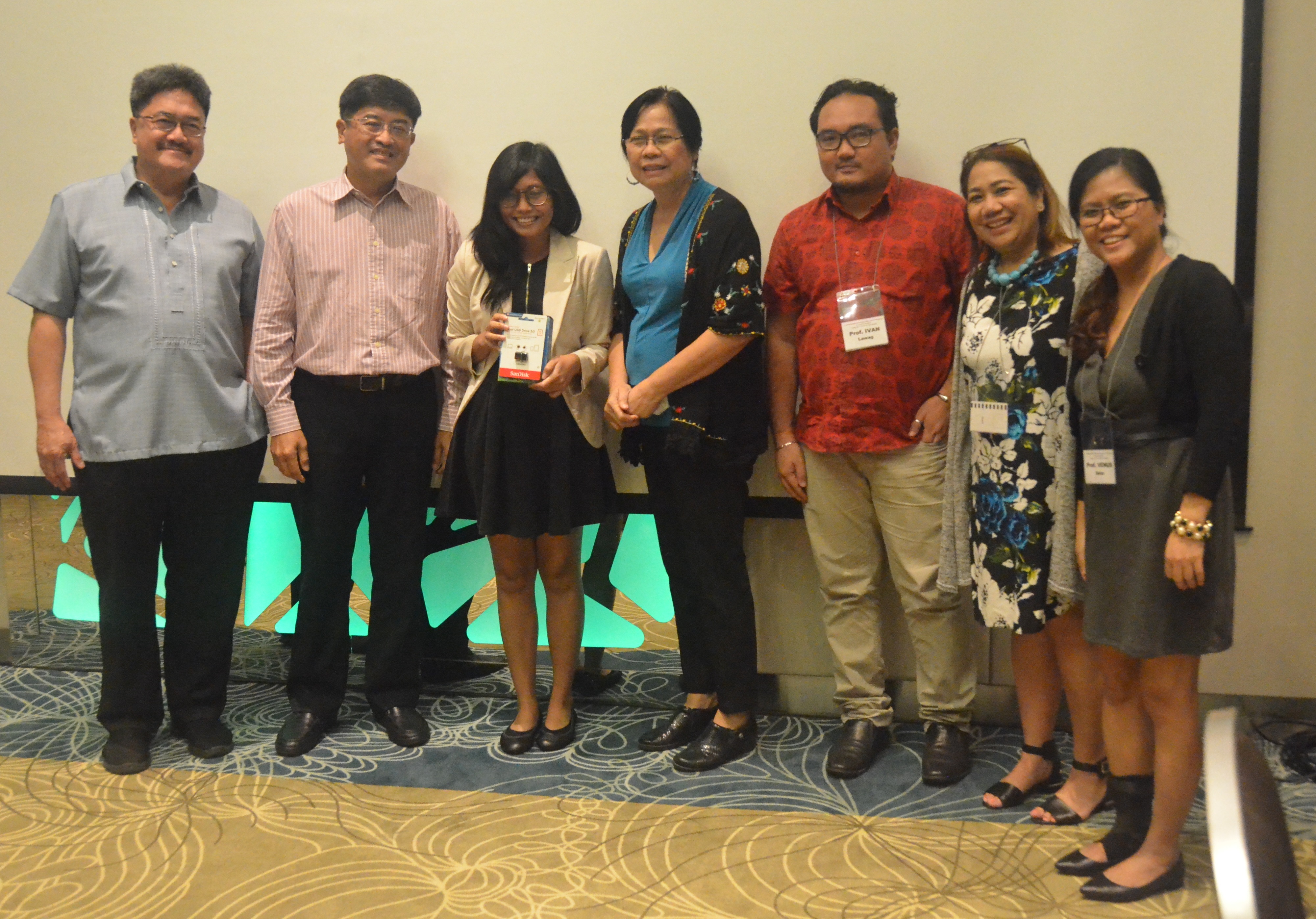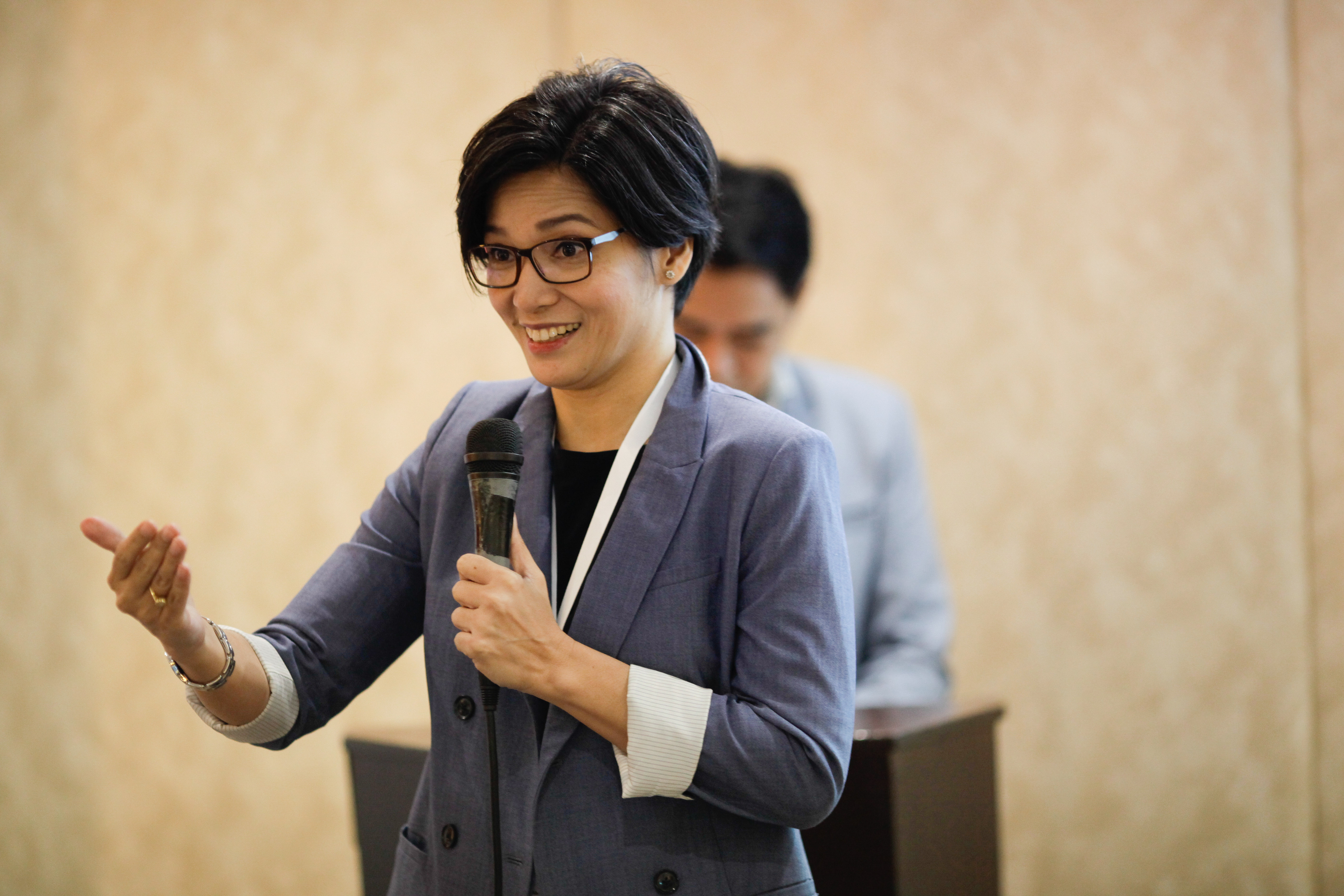- Ana Ciaren H. Itulid
- Latest News
- Hits: 2833
13th National Medical Writing Workshop and 6th Writeshop for Young Researchers
Legazpi City, Philippines
8-9 January 2018
Organized by the Philippine Council for Health Research and Development (PCHRD) and the
Philippine Association of Medical Journal Editors (PAMJE), co-organized by Bicol Consortium for Health Research and Development (BCHRD)
Endorsed by the Asia Pacific Association of Medical Journal Editors (APAME)
CALL FOR PARTICIPATION
Application deadline: December 8, 2017
REGISTRATION IS FREE (limited slots only)
The Department of Science and Technology - Philippine Council for Health Research and Development (DOST-PCHRD) and Bicol Consortium for Health Research and Development (BCHRD), in cooperation with Philippine Association of Medical Journal Editors (PAMJE) and Asia Pacific Association of Medical Journal Editors (APAME) is organizing the 13th National Medical Writing Workshop and 6th Writeshop for Young Researchers on 8-9 January 2018 in Legazpi City. The workshop aims to help young investigators in health and health social sciences acquire practical knowledge and skills in preparing a scientific article for publication in a scholarly peer-reviewed journal. Successful applicants will be granted free workshop registration, accommodation for participants and meals during the workshop, and assigned to a mentor-facilitator who will guide them in preparing their articles for a brief presentation.
Requirements for participants
The workshop is designed for a maximum of forty (40) researchers in health sciences and health social sciences, aged 35 years old and below, who have a research project completed not more than 2 years ago and have drafted a manuscript for submission to a scholarly journal. The selected draft manuscripts will be reviewed and revised during the workshop, based on the lectures and exercises, under the guidance of the faculty and mentor – facilitators. All participants are expected to present a 7-minute power point summary of their revised manuscripts on the second day of the workshop, and agree to submit the article to an appropriate scholarly peer-reviewed journal within three (3) months after the workshop.
Instructions
Applicants should e-mail the following requirements to This email address is being protected from spambots. You need JavaScript enabled to view it. on or before 8 December, 2017
1. Application form (incomplete forms will not be considered)
2. Conforme slip
3. Abstracts
4. Draft Journal Manuscripts
5. Instructions to authors (This is a free document downloadable from the website of your prospective journal.)
Please use this subject format in your email: Application_13th Wrtieshop_(Surname)
Please save your documents in this format: Application form_(Surname), Conforme Slip_(Surname), Abstract_(Surname), Manuscript_(Surname), ITO_(Surname)
The results of the selection of participants for the Workshop will be communicated on December 15, 2017.
If there are any questions about the Workshop, please contact Ciaren Itulid @ 837-7534



